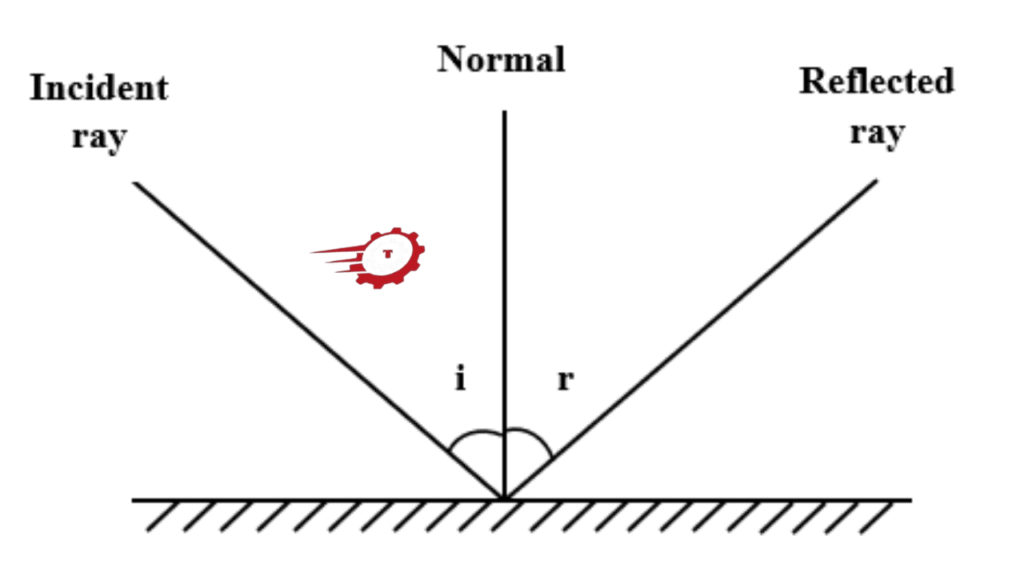Have you ever wondered what life would be like without rules or laws? Every day, whether we notice it or not, laws shape how we live, keep us safe, and help us treat each other fairly. Thinking deeply about these rules — a “reflection about law” — helps us understand why they exist and how they affect everyone in society. Laws aren’t just about courts or police; they influence everything from how we drive, use the internet, to how we behave at school or in public places. This article will explore why reflecting on law matters, how laws guide our lives, and what happens when we ignore them.
What Does “Reflection About Law” Mean?
When we say “reflection about law,” it means taking time to think about what laws are, why they were created, and how they impact our daily lives. Reflection means looking back and asking questions like: What would happen if there were no laws? Are all laws fair? How do laws help people live together peacefully?
It’s like holding up a mirror to society’s rules. This process helps people of all ages — even kids — to understand why obeying laws matters and how we can play our part in making the world a better place. Reflection isn’t just for lawyers or politicians; it’s for everyone because laws touch every part of life.
Why Do We Have Laws?
Imagine a city without stop signs, a school without rules, or a world where people could take anything they wanted without asking. It would quickly turn chaotic. Laws exist to prevent this chaos. They set clear guidelines for how we should behave, resolve conflicts, and protect everyone’s rights.
We have laws because people live together in communities. Without laws, there would be confusion and danger. They help settle disagreements peacefully and make sure no one misuses their freedom to harm others. For example, traffic laws keep roads safe, environmental laws protect nature, and education laws ensure children get the schooling they need.
How Laws Shape Our Lives
Laws aren’t just abstract rules written in books; they are part of our daily routine. From the moment we wake up until we go to bed, laws guide our actions — even in ways we don’t always notice.

Think about it: the food you eat has been checked for safety by law. The seatbelt in your car is required by law. Even the internet has rules to stop harmful content. These laws shape our lives quietly but powerfully, giving us the freedom to live safely and fairly with others.
Laws at School
At school, laws ensure every student has the right to learn in a safe and respectful environment. There are rules against bullying, laws requiring attendance, and even regulations on what foods can be served in the cafeteria. These laws protect students and teachers alike, creating a place where learning can happen without fear.
Laws in Your Neighborhood
In your neighborhood, laws keep streets clean, make sure buildings are safe, and stop people from playing loud music late at night. Zoning laws decide where houses, parks, or shops can be built. Even dog leash laws exist to keep everyone safe. These community rules help neighbors live peacefully together.
Laws Online
The internet feels like a free space, but it’s also governed by laws. Privacy laws protect your personal information from being stolen. Anti-cyberbullying laws protect people from harassment. Copyright laws stop people from stealing others’ work. Even kids using social media are protected by age restriction laws to keep them safe online.
What Happens When People Break Laws?
When someone breaks a law, it affects more than just them. It can harm other people and disturb the balance of society. Depending on the law, consequences can range from a simple warning or fine to serious punishment like jail time.
For example, running a red light could cause an accident. Stealing from a store hurts not just the shop owner but also the community. Laws are enforced by police officers, courts, and judges, who work together to make sure everyone plays by the rules. This enforcement isn’t about fear — it’s about fairness and protecting everyone’s rights.
How Can We Respect the Law?
Respecting the law starts with understanding it. This means knowing the basic rules in your country, state, and even your town. You don’t have to be a lawyer to do this. Simple actions like crossing the street safely, respecting others’ property, and using kind words online all show respect for the law.
Teaching kids early about laws helps them grow into responsible adults. Reading about laws, discussing them at home, and asking questions about why they exist are great first steps. Remember: laws aren’t meant to restrict us, but to protect us.
Why Reflecting on Law Is Important for Kids Too
Children are future citizens. Teaching them to reflect on laws helps them understand the world they’re growing up in. When kids learn why rules exist, they’re more likely to follow them — not out of fear, but out of respect and understanding.

Talking About Laws With Parents
Parents can help children think about laws by discussing everyday examples: why we wear seatbelts, why stealing is wrong, or why we can’t just litter in the park. These conversations build a strong sense of right and wrong.
Learning Laws in School
Schools can make legal education fun and age-appropriate. Lessons on fairness, safety, and responsibility show kids that laws aren’t scary—they’re helpful tools for building a good life.
Laws in Public Places
When kids visit libraries, parks, or public transport, they encounter rules designed to keep everyone safe and happy. Talking about these laws helps children connect rules with kindness, respect, and shared spaces.
Thoughts on Reflection About Law
Reflecting on laws helps us see how interconnected we all are. It reminds us that each person’s actions affect others, and following laws keeps society running smoothly. Whether young or old, everyone benefits from understanding and respecting the rules that govern daily life.
The Bottom Line
Laws are more than just words on paper—they’re the invisible threads holding communities together. A reflection about law teaches us to value fairness, safety, and respect for others. By understanding why laws exist and how they work, we can all become better citizens and create a more peaceful world.

